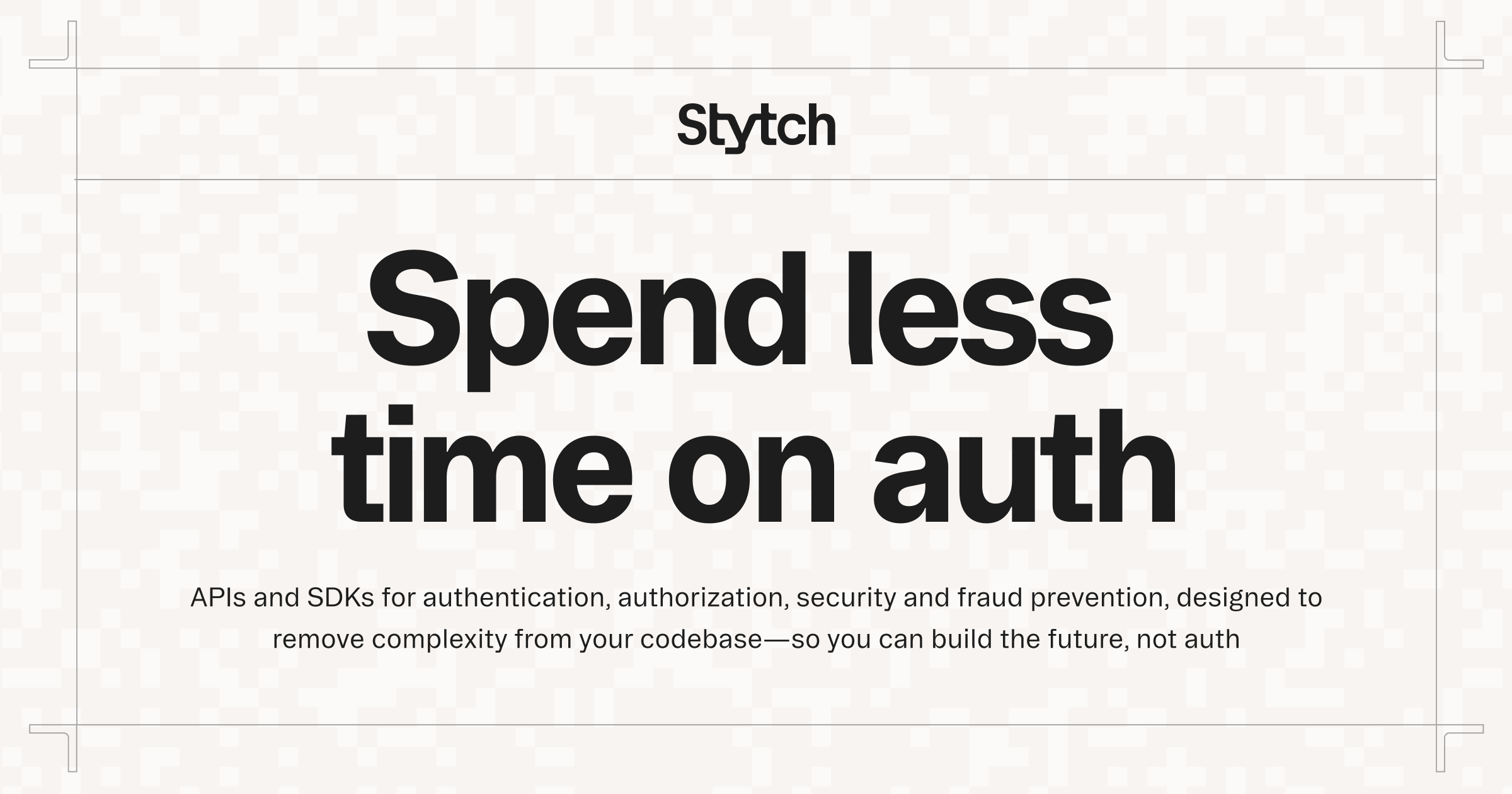Stytch's Fraud Prevention Framework: Beyond Whack-a-Mole

Traditional fraud prevention feels like a never-ending game of whack-a-mole. Stytch introduces a four-stage framework: signal gathering, decisioning, enforcement, and analysis/feedback. This framework collects user activity data, makes decisions based on that data, enforces security measures, and iteratively improves detection. The article uses sophisticated credential stuffing attacks as an example, showing how device fingerprinting enhances signal gathering and decision-making to effectively counter attacks. Stytch's Device Fingerprinting focuses on signal gathering and decisioning, avoiding a 'black box' approach and empowering users with flexible control over enforcement, acting as a reliable partner in the fight against fraud.
Read more

